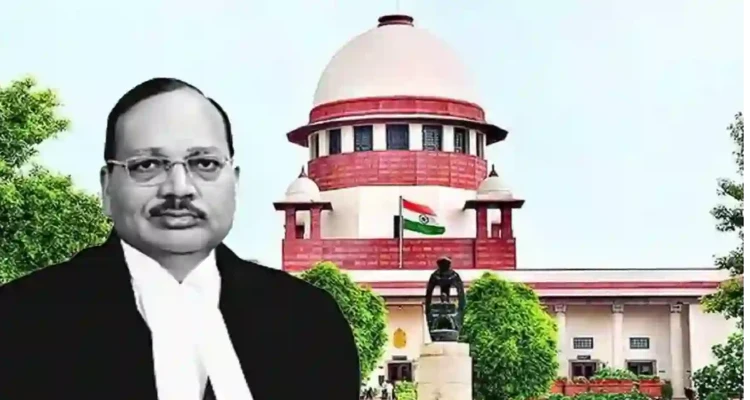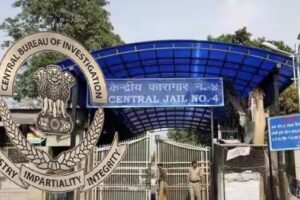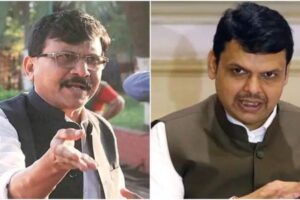
Supreme Court Judge, Justice Surya Kant emphasized the judiciary’s consciousness of its responsibilities and duties, along with its adherence to the principles of separation of powers and the rule of law.
He underscored the significance of a spirited judiciary as a cornerstone of the Indian democratic system, emphasizing the nation’s commitment to the rule of law and good governance on a daily basis.
Indian Council for Legal Justice’s Seminar
Addressing a seminar titled ‘Sustaining Jurisprudence in Democratic Evolution,’ organized by the Indian Council for Legal Justice, Justice Kant highlighted the judiciary’s intrinsic connection with the concerns of the common man, emphasizing its continuous engagement with societal issues.
“I also do not want to ignore and overlook or underestimate the role of the legislature in India. India is one of the democracies where besides the judicial activism we have also pleasantly experienced the legislative mechanism,” he stated.
The Supreme Court judge further said, “When discussing the judiciary’s role, we must always consider the fundamental principles of separation of powers and the rule of law. We firmly believe that the judiciary is cognizant of its responsibilities. These foundational principles not only prevent power concentration but also maintain India’s image as the world’s largest successful democracy.”
Significant Evolution
He highlighted the significant evolution in India’s social, political, economic, and moral landscape over the past seven decades. Justice Kant noted that written laws may not adequately reflect these transformations daily, raising concerns about safeguarding citizens’ rights and preserving democratic values. He emphasized the judiciary’s role in addressing modern challenges, especially when legislative processes cannot swiftly respond.
Justice Kant commended the Supreme Court’s innovative interpretation, converting fundamental rights into human rights and vice versa, which deepened the understanding of human rights and promoted them through various judgments.
He underscored the time-consuming nature of enacting new laws under the Constitution and the judiciary’s role as an emergency institution available 24/7, contrasting it with the legislative process.
Delhi HC Acting Chief Justice
At the seminar, Delhi High Court Acting Chief Justice Manmohan highlighted the pivotal role of technology in advancing sustainable jurisprudence, acknowledging the challenges it poses. He cited deep fakes on social media as a threat to democracy, emphasizing the courts’ efforts to address these challenges.
Former Supreme Court judge Justice Swatanter Kumar, also present at the seminar, asserted, “The Indian Supreme Court and other courts by and large are respected the most in the world for the domain of jurisdiction, exercise of jurisdiction and applying the doctrine of expansion for all fields of human life.” He emphasized the evolution of law and judicial practices in response to social changes, with courts upholding democratic principles such as justice, equality, and the rule of law. He noted that various court judgments have led to the “evolution as well as creation of law.”
Former Chief Justice of India K G Balakrishnan highlighted the Constitution as a living and dynamic document designed to safeguard the rights of the people. He underscored the significance of Supreme Court decisions in “protecting jurisprudence and rights of people.”





